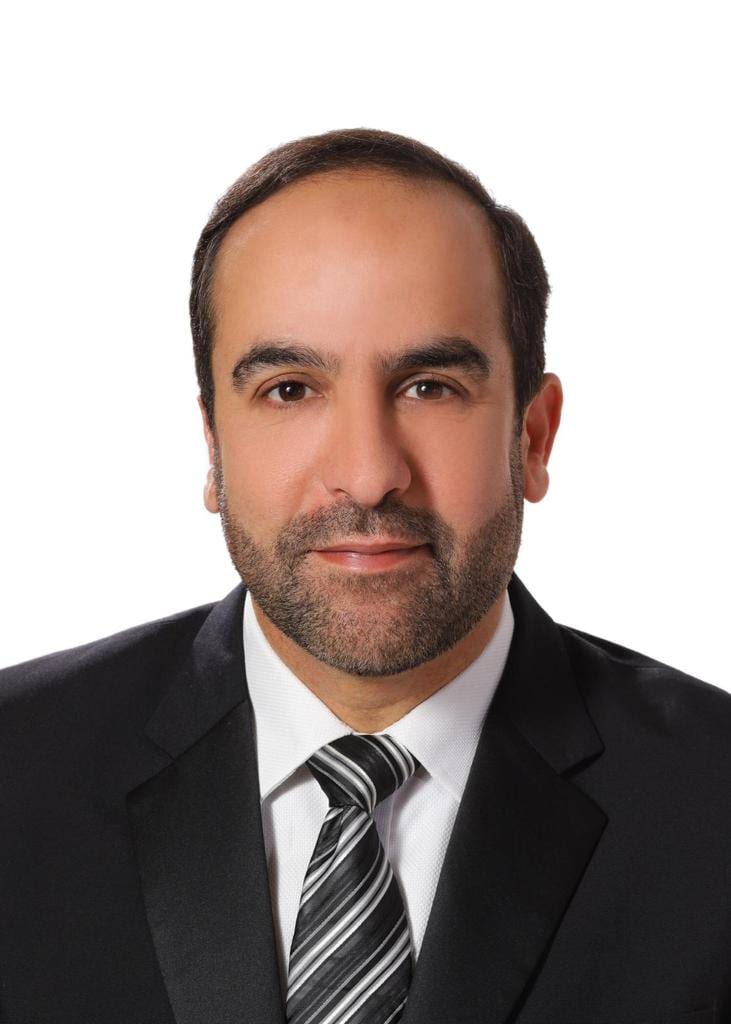The way that Tunisian President Kais Saied wrote and addressed a letter to the prime minister recently was revealing. He seems to have abandoned his role in leading Tunisia’s diplomacy and outlining the country’s foreign policy, and started to tackle meaningless conflicts and absurdities instead. Meanwhile, Tunisia has never been less visible in international affairs.
About eighteen months since Saied took office, his official visits to foreign states are less than stellar. His visit to Oman to pay respects after the death of Sultan Qaboos was purely protocol, for example. He has not played any significant role in the Libyan conflict, even Tunisia’s neighbour is strategically important.
Some people have compared Saied to Donald Trump in combining populism with a bloated ego that exceeds self-confidence to the verge of vanity. The former US president considered himself to be above the constitution because he wants to “Make America Great Again”. Saied has taken the same path because he won the election with a large majority and went on to interpret constitutional texts according to his personal whims. As an expert in constitutional law, though, he knows that this task falls within the jurisdiction of the Constitutional Court, to which he contributes by disrupting its formation.
Despite Saied’s attempt to deepen the meaning of his terminology, embellish his words and rhyme his phrases, a university professor detected three errors in the letter to the prime minister that has prompted widespread ridicule. It was not worthy of the status of Tunisia nor, indeed, the president of the most significant emerging democracy in the Arab world.
READ: Will the new Tunisia government reshuffle go ahead?
However, the great calamity is not completely about what was mentioned above, but is centred on the tendency to belittle Tunisian democracy and distort its results. This is deepening the sense of despair among young people regarding the possibility of achieving change through the ballot box. Unfortunately, Saied is providing the best example of this tragedy.
We no longer need to threaten people with a fate similar to that of Syria, Yemen and Libya. We can now ask, “Do you want a model like the Tunisian president?”
![Supporters of Tunisian President, Kais Saied stage a demonstration in Tunis, Tunisia on 31 January 2021. [Yassine Gaidi - Anadolu Agency]](https://i0.wp.com/www.middleeastmonitor.com/wp-content/uploads/2021/02/20210131_2_46643977_62103218-1.jpg?resize=933%2C630&ssl=1)
Supporters of Tunisian President, Kais Saied stage a demonstration in Tunis, Tunisia on 31 January 2021. [Yassine Gaidi – Anadolu Agency]
Saied has disappointed many of his supporters who called on him to dissolve the parliament. He has neither done this nor acted on the proposal to form popular committees according to their vision. Nor has he proposed a popular referendum on such fundamental issues, nor let the state and its institutions do their work. He even refused to let new ministers swear the oath of office.
The president’s ambiguous ideas are still a mystery, including his statement that the political authority must express the true will of the people. How and what is required to achieve that through democratic channels? And how can this process be projected onto the Tunisian constitution?
President Saied’s excessive populism is worrying in light of his lack of faith in parliament and political parties. This suggests that there is an inherent danger in electing a non-politician to such a position given the decisions he can make in office as an overnight head of state.
Given that constitutional experts in Tunisia, including professors who taught Saied, have confirmed that the current government has not violated the constitution in any way, he really should go back to the constitution, act like a president and rise above conflicts, while ensuring respect for state institutions and facilitating their roles.
READ: Tunisia president accuses PM of violating constitution
This article first appeared in Arabic in Arabi21 on 17 February 2021
The views expressed in this article belong to the author and do not necessarily reflect the editorial policy of Middle East Monitor.


![Tunisian President Kais Saied in Tunis on 12 October 2020 [FETHI BELAID/AFP/Getty Images]](https://i0.wp.com/www.middleeastmonitor.com/wp-content/uploads/2020/12/GettyImages-1229028129.jpg?fit=1200%2C800&ssl=1)









